Time Running Out for US to Broker Ukraine Peace, Warns Rubio
- by Camille, Paris, RNG247
- about 8 months ago
- 135 views
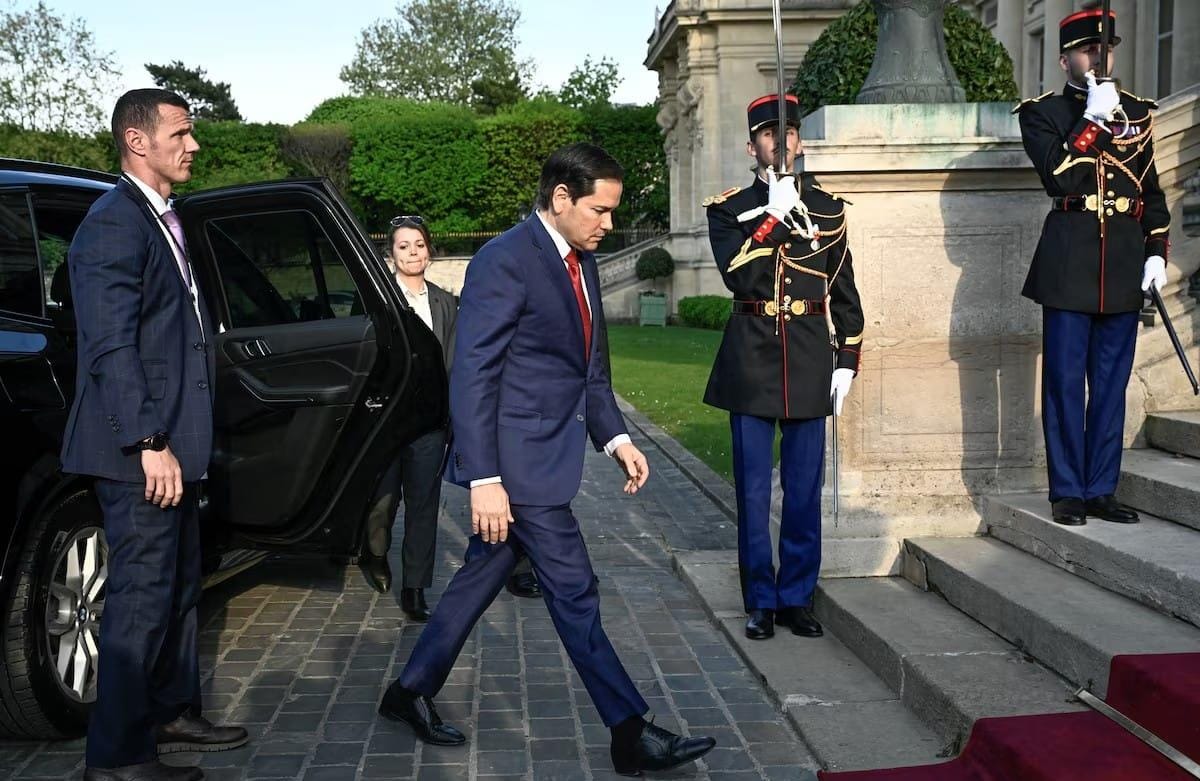
U.S. Secretary of State Marco Rubio issued a stark warning today regarding the United States' ongoing efforts to negotiate peace between Russia and Ukraine. In a statement following meetings with European and Ukrainian leaders in Paris, Rubio emphasized that President Donald Trump would withdraw from the peace negotiations if no significant progress is made "within a matter of days."
"We're not going to continue with this endeavor for weeks and months on end," Rubio asserted. "So we need to determine very quickly now, and I'm talking about a matter of days, whether or not this is doable in the next few weeks." He indicated that if the situation remains unchanged and if the parties are "so far apart" that a resolution seems impossible, Trump might decide to abandon the negotiations entirely.
Rubio’s comments come at a time of increasing frustration within the White House regarding Russian resistance to ending the ongoing conflict. Though there was no immediate reaction from European capitals or Kyiv to his statements, three diplomatic sources suggested a growing impatience with Russia's intransigence.
Kremlin spokesperson Dmitry Peskov acknowledged some progress towards a peace settlement but noted difficulties in communications with Washington. He maintained that Russia aims to resolve the conflict while safeguarding its national interests and remains open to dialogue with the U.S.
This latest turn of events coincides with some positive indications in U.S.-Ukrainian discussions. Trump revealed on Thursday that he anticipates signing a minerals deal with Kyiv next week. This agreement comes after a previous attempt fell through due to tensions between Ukrainian President Volodymyr Zelenskiy and Trump in February.
The Paris meetings, deemed the first substantive and high-level talks involving European powers regarding Trump’s peace initiative, reportedly concluded with an "encouraging reception" for the U.S. peace framework presented by Rubio. Zelenskiy’s administration characterized the discussions as constructive and positive.
However, Rubio's sudden shift in tone raises questions about the underlying frustrations in the White House concerning the lack of tangible results across a range of geopolitical challenges. Trump initially vowed to conclude the war in Ukraine within his first day in office, a promise that has since morphed into expectations of a deal by April or May amid mounting obstacles.
While Trump has pushed both sides to negotiate, he has also threatened to impose tougher sanctions on Russia or to cut off substantial military aid to Ukraine if progress remains stagnant. Previous U.S.-brokered talks in Saudi Arabia yielded only a temporary ceasefire, and the conflict has continued unabated, highlighted by a recent Russian missile strike in Sumy that claimed 35 lives—an incident Trump described as a "mistake."
If the U.S. chooses to withdraw from negotiations, the future of any peace efforts hangs in the balance, as few other nations possess the leverage necessary to compel both Moscow and Kyiv to come to the table. The effects of such a withdrawal remain uncertain; while the U.S. could maintain its current stance—including sanctions on Russia and continued support for Ukraine—it could just as easily opt to halt aid altogether.
In discussions with Russian Foreign Minister Sergei Lavrov following the Paris talks, Rubio communicated elements of the U.S. peace framework. Key demands from Russia include Ukraine abandoning its NATO aspirations, acceptance of Russian control over claimed Ukrainian regions, and restrictions on Ukraine’s military size—conditions Kyiv views as an ultimatum to surrender.
Crucially, Rubio acknowledged the vital role of European nations in any prospective peace agreement, emphasizing that U.S. security guarantees and the lifting of Europe's sanctions on Russia would be central to any accord. While he expressed a belief that these issues could be resolved, he also warned, "We have bigger challenges that we need to figure out."
The urgency is clear. "There's no one saying this can be done in 12 hours," Rubio stated. "But we want to see how far apart it is. We need to figure out here now, within a matter of days, whether this is doable in the short term, because if it's not, then I think we're just going to move on."





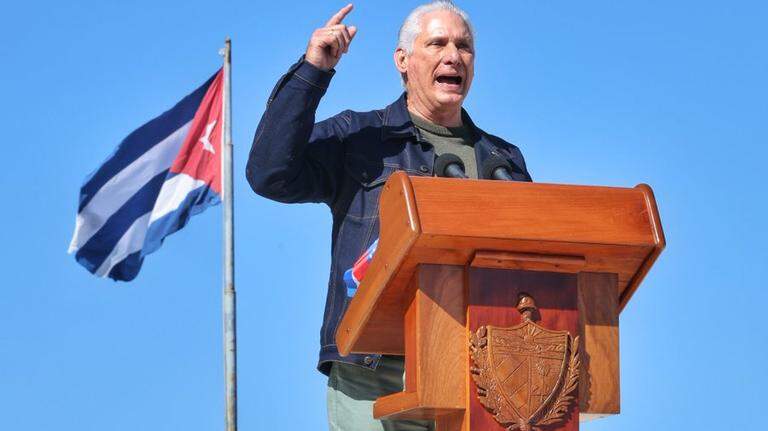
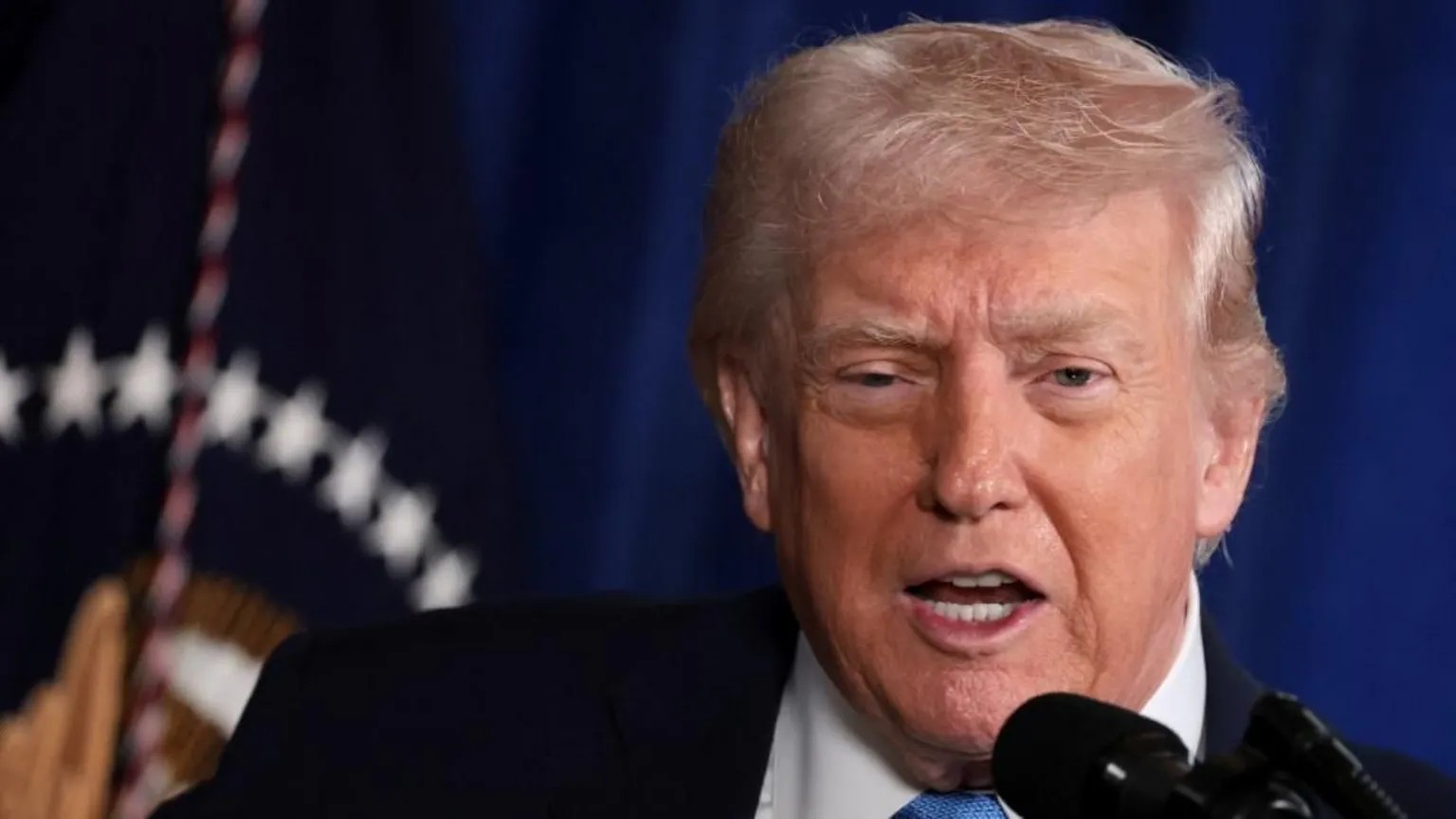
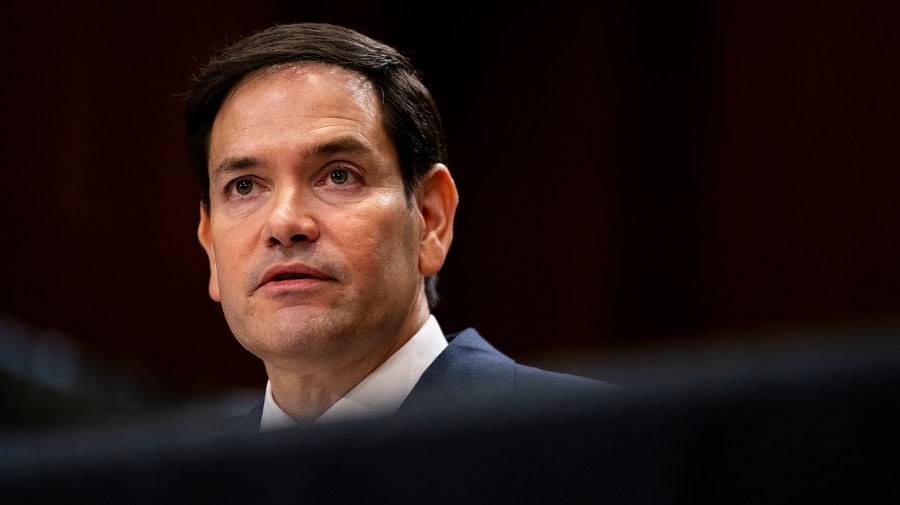
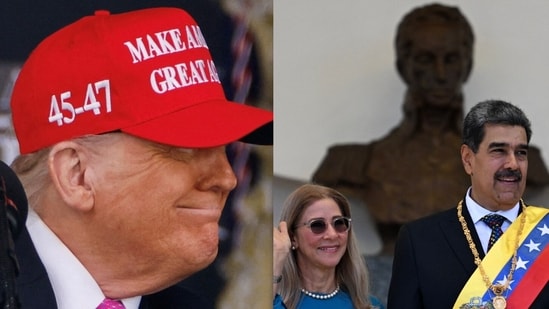
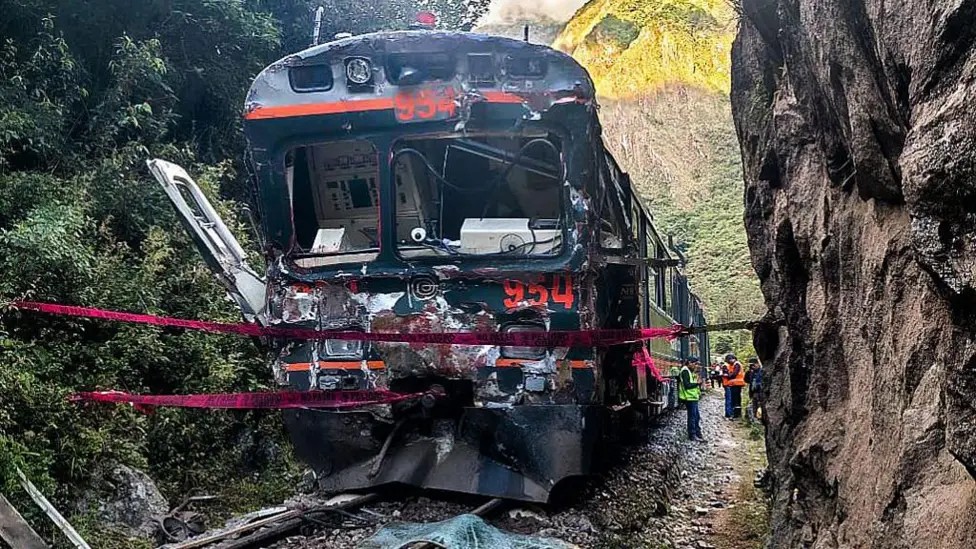

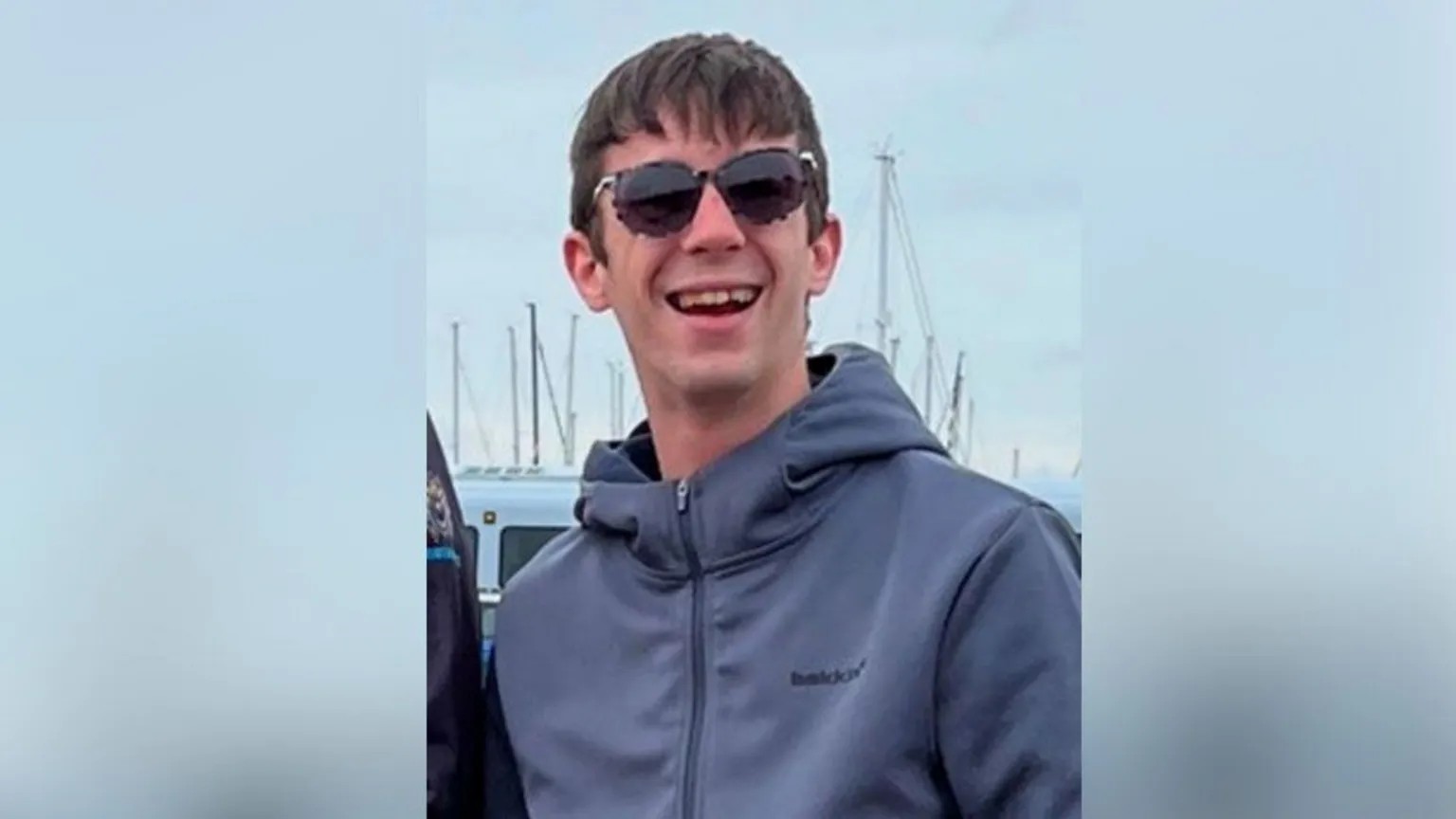
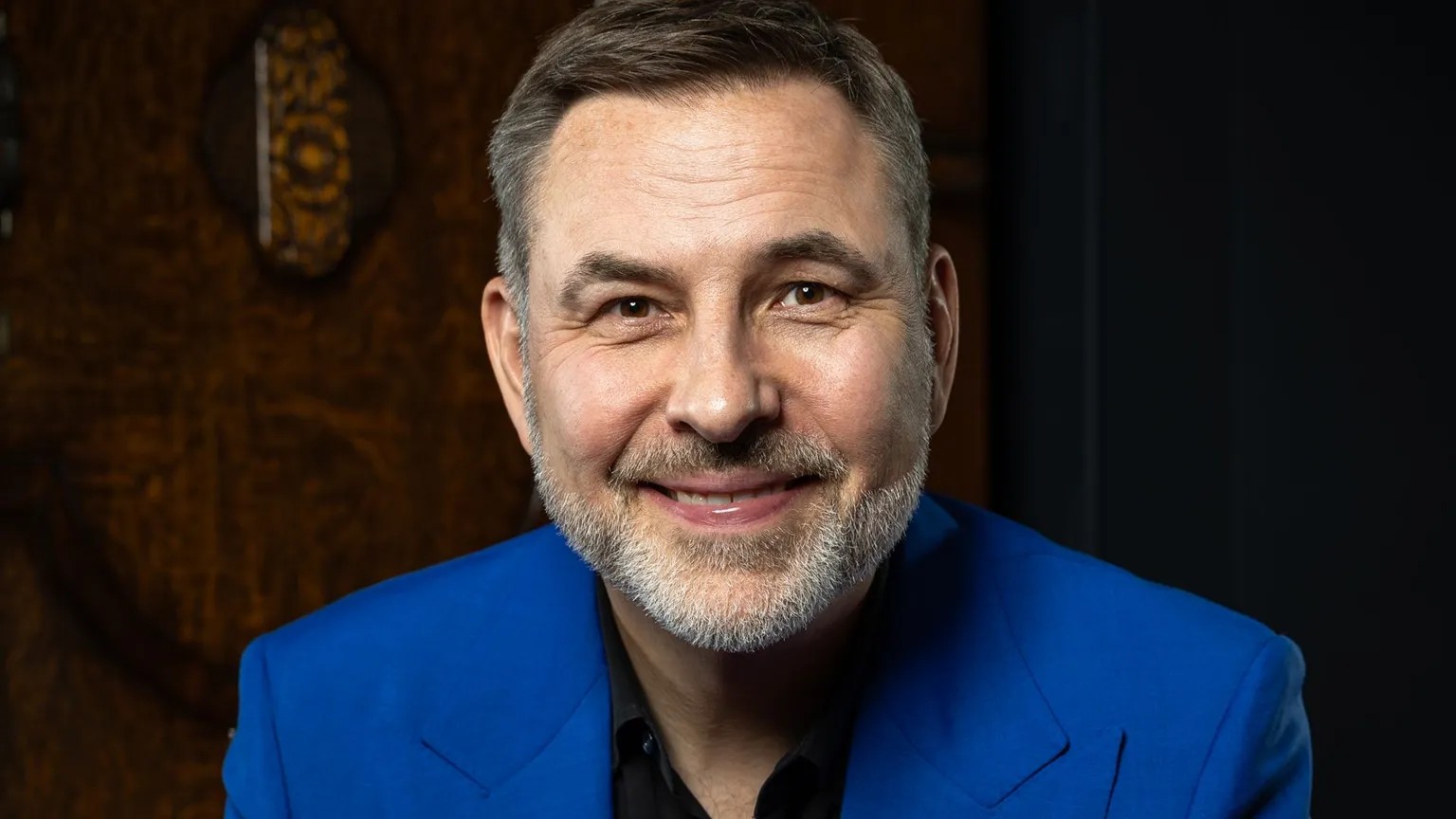

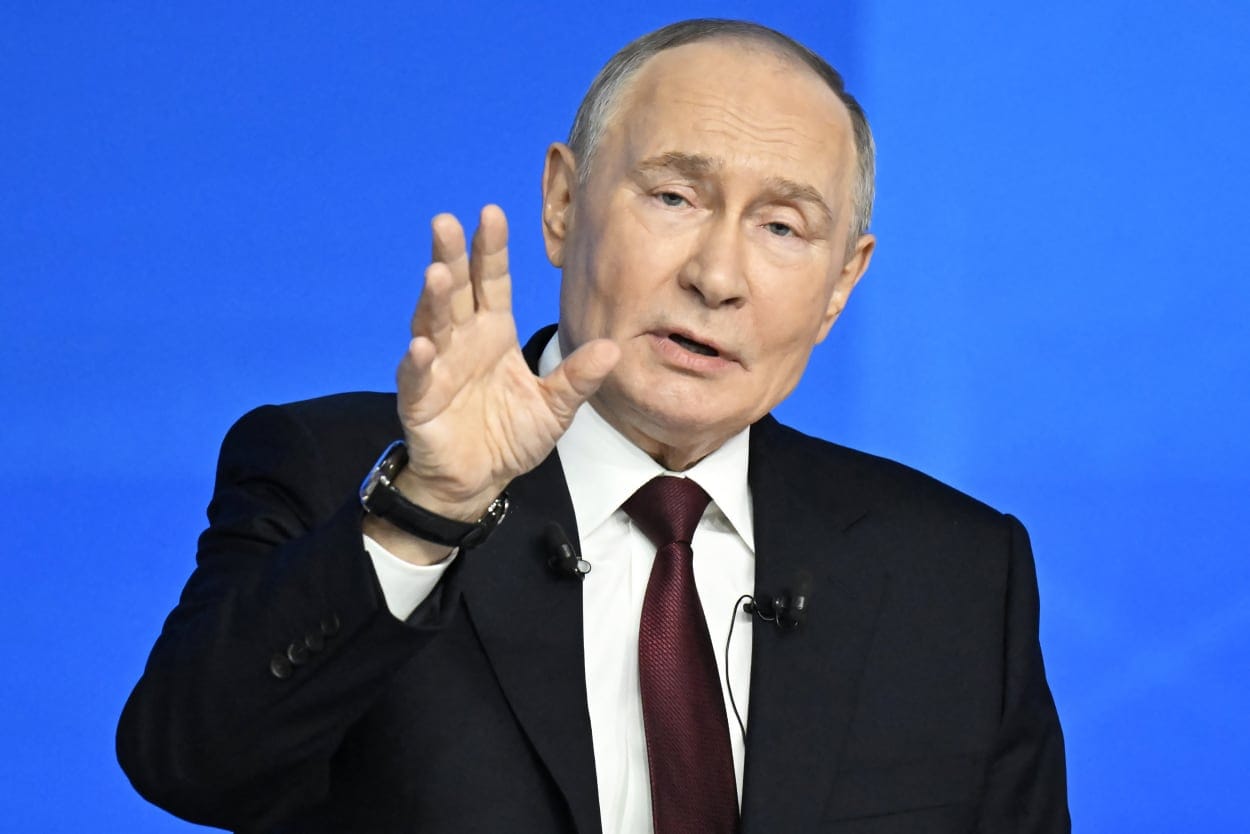

0 Comment(s)